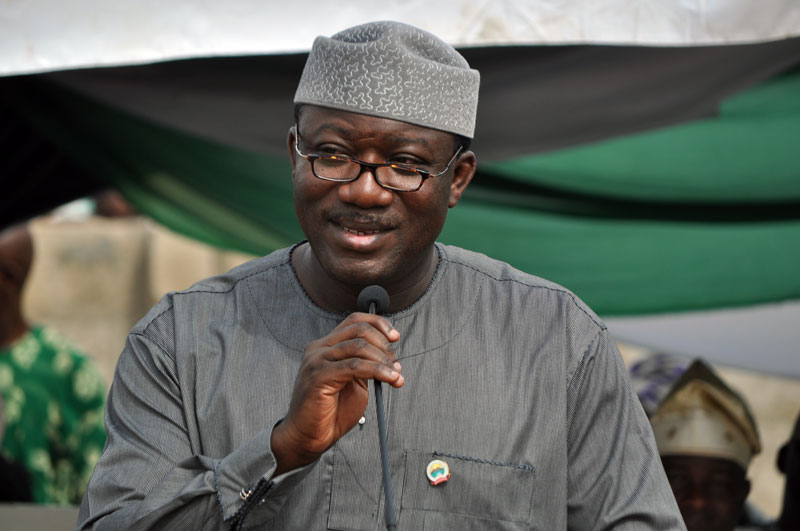Kayode Fayemi, Nigeria’s solid minerals development minister said the country plans to spend N15 billion ($42 million) over the next year to explore for minerals and attract investors into mining and reduce its dependence on oil.
The minister revealed this in Abuja, country’s capital during an interview Wednesday, Oct. 8. “because we are starting from a low base, we want to have a portfolio of exploration activities in place that could whet the appetite of the average investor who wants to come in,” Fayemi said in an Oct. 18 interview in the capital, Abuja. They will be able to “drill down when they have that baseline information,”

President Muhammadu Buhari’s government plans to support investments in the exploration of its priority minerals including gold, bitumen, iron, barite, limestone, lead and zinc, Fayemi said.
The government is hoping to attract as much as 60 billion of private investment into mining, he said.
AfDB launches pilot programme to cultivate the savannah in 8 African countries
Tapping resources other than oil, Nigeria’s main export, is part of the government’s economic recovery and growth plan after the country went through its worst economic slump in 25 years as oil output and prices fell. Nigeria is Africa’s biggest oil producer. The contribution of solid minerals to gross domestic product is expected to increase to more than 8 percent by 2020 from less than 1 percent year, according to the government.
To further encourage investors, incentives including tax holidays of as much as five years for new companies entering the market, duty-free imports on mining equipment and mining licenses for 25 years have been put in place, the minister said.
Additional support for the industry is expected through a $600 million bond to be sold by the end of the year to raise more funds to provide required infrastructure and help accumulate data on minerals, according to the Haiha Fatima Shinkafi, executive secretary of the Solid Minerals Development Fund.
“Nigeria is one of the lowest spenders on exploration as far as mining activity is concerned,” Fayemi said. “This government is determined to turn the tide on that because we’re quite convinced of the opportunities.”
Nigeria has at least 44 minerals that can be extracted in commercial quantities, according to the solid minerals ministry. Mining in the country is currently dominated by artisans, who produce gold, tin, and others in small amounts.








